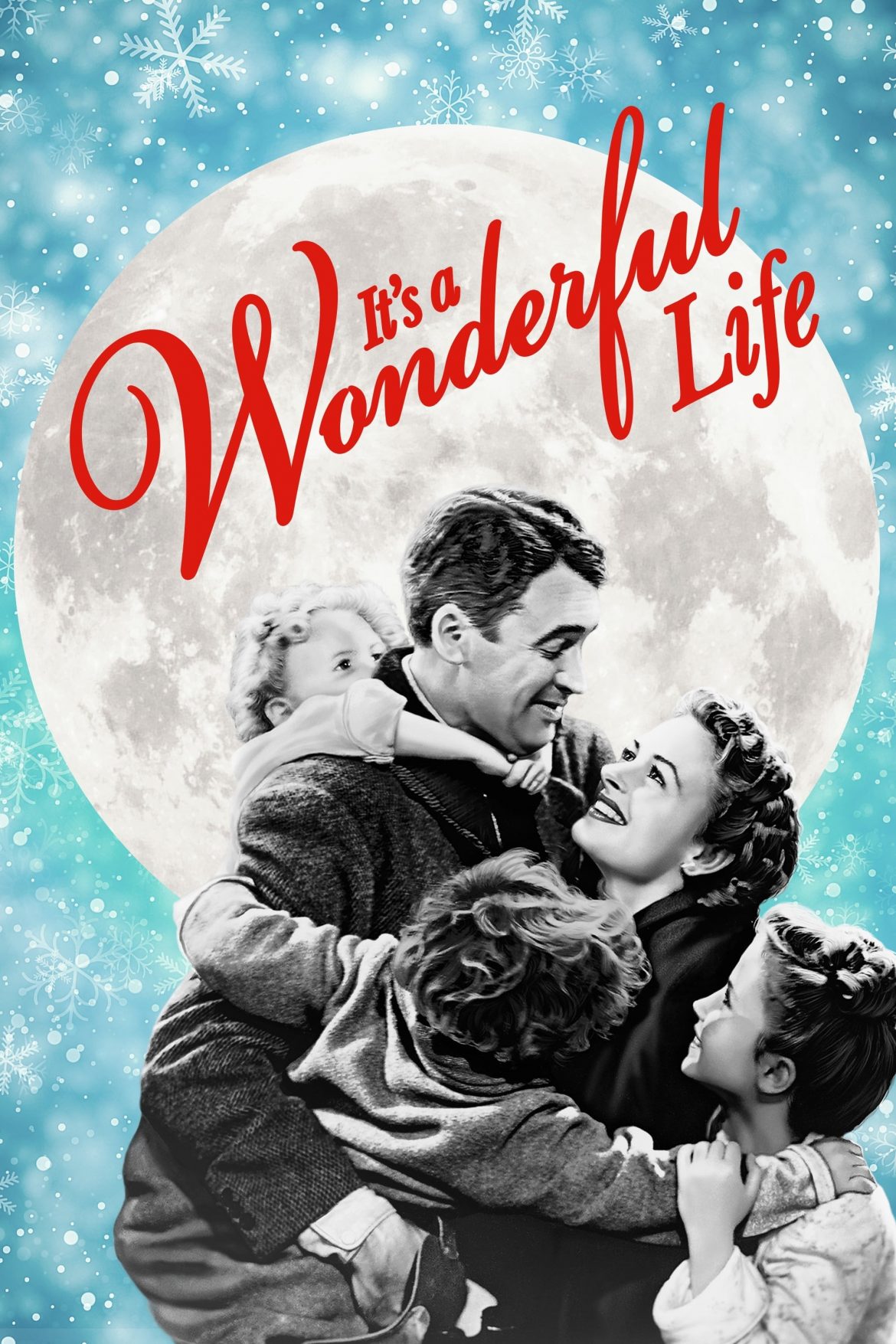
Some Thoughts on “It’s a Wonderful Life”

Some Thoughts on “It’s a Wonderful Life”
By: claycormany in Life in General
This Christmas, I made a point of watching (actually re-watching) Frank Capra’s Christmas classic It’s a Wonderful Life. The story is familiar to most people. Good guy George Bailey, who has devoted his life to helping everyday people become homeowners, faces financial ruin and criminal charges after his Uncle Billy mistakenly gives $8,000 to Bailey’s nemesis Henry Potter. George is on the verge of committing suicide when his guardian angel-without-wings Clarence intervenes. Responding to George’s wish that he’d never been born, Clarence shows him how bad the world would be if that were the case. In the end, George realizes he has a wonderful life and begs to be returned to a world with him in it. His wish is fulfilled. Better still, George’s wife Mary has reached out to the people George helped, and they’ve responded by contributing more than enough money to make up for the lost funds.
There are at least three valuable life lessons presented in It’s a Wonderful Life. First, Clarence Odbody (portrayed brilliantly by Henry Travers) demonstrates you can’t judge a book by its cover. With his bowtie and snow-covered fedora, Clarence may look like a funny old man, but he wields incredible power. Not only can he disappear when needed, Clarence can change the world at least temporarily to show George what that world would be like if he’d never been born. Second, and more importantly, Capra’s classic re-affirms the truth of “you reap what you sow.” Throughout his life, George Bailey worked to improve and safeguard the lives of those around him. He sometimes sacrificed his dreams for the sake of others, as when he used his vacation money to pay off his account holders on the eve of the Great Depression. He sowed good will, compassion, and trust. Years later, he reaped good will, trust, and compassion from the same people he helped, when they offset the missing money with money of their own. The greedy Mr. Potter also reaps what he sows. His attempt to ruin George fails, leaving him with lots of money and no friends. By the way, in Mr. Potter, I believe we get an idea of how Ebeneezer Scrooge would have ended up had he not encountered those three spirits on Christmas Eve. *
The third lesson is suggested by the movie’s title. A “wonderful life” is within reach of all of us, if we don’t put ourselves at the center of the universe, but rather attend to the needs of others and realize their dreams are as worthy as our own. Moreover, a wonderful life need not carry someone to fame and fortune. It might involve saving one life, perhaps, as George does when his younger brother falls through ice while sledding. It might involve being a good husband and father, as George is to Mary and their four kids. It might mean helping others achieve their dreams as George does through his building and loan firm. Capra makes it clear, however, that a wonderful life isn’t a perfect life. George’s anger toward Uncle Billy and his surliness toward his wife and children when the money is lost show us his good nature has its limits. And for a moment, it looks like George will be ruined and become an angry, bitter man — an impoverished Mr. Potter. But Clarence intervenes. Once reminded of how his “wonderful life” has impacted others, George’s faith in humanity — and himself — is restored.
I get a little choked up when I watch It’s a Wonderful Life. That’s because I see more differences than similarities between the real world and the one portrayed in the film. It would be nice if there were angels (even wingless ones) watching over us and stopping us before we do something harmful. But there aren’t. It would be equally nice, if the greedy hard-hearted Mr. Potters of this world got their comeuppance, but more often than not, they don’t. Above all, it would be terrific if good guys like George Bailey reaped rewards for their generosity on earth as well as in heaven. But it would appear they don’t. In short, It’s a Wonderful Life shows us a world that is kinder, less self-centered, and more just than the real world. This frustrates me because I don’t see this world becoming more like George Bailey’s world. If anything, it’s becoming more like Mr. Potter’s world — or worse. Am I being too pessimistic? Before laying that charge against me, check recent stories in your newspaper. What do you see? My own local paper has featured stories about the killing of a 13-year-old boy at a nearby apartment complex, the murder of four college students in Idaho, Russian missile and drone attacks on Ukraine, the resignation of a high school teacher accused of an “inappropriate relationship” with a student, and fines levied against area hospitals for the high rate of patient re-admissions. These and other stories make it clear that our world needs a lot more than one Clarence Odbody; it needs a few million.
* A recent post by Facebook friend and former Columbus State colleague Steve Kaczmarek made me aware of the similarity between Mr. Potter and pre-redeemed Scrooge.
Tags: Capra, Clarence, George Bailey, lesson, Wonderful Life

